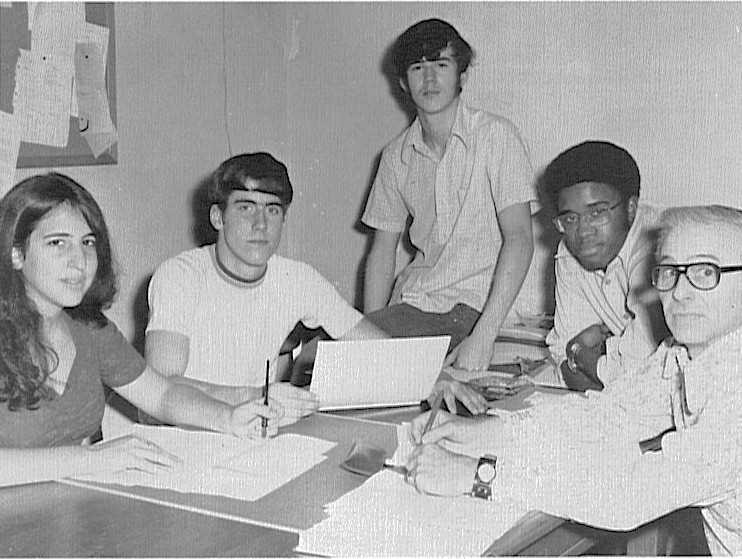Unquestioning Inquisitioners
Alan Dershowitz on the Alito debacle:
Technorati Tags: Alito, hearings, confirmation, SenateBut the real trouble with the hearings is some of the senators themselves. Of course Judge Alito wants to say as little as possible, especially with a Republican majority ready to confirm. It is the job of the Judiciary Committee to cut through the nominee's reticence and force him to answer questions.
Why are the senators unable to conduct the sort of thoughtful and informative hearings that would best serve the public?
In the first place, too many senators view the hearings as a campaign opportunity instead of as a confirmation hearing. Almost the entire first day was taken up with Committee members' "opening statements," which would be more accurately described as stump speeches. Things didn't get much better when the questioning began. For example, Senator Biden, the first announced presidential candidate of the 2008 campaign, spent over two-thirds of his first 30-minute "questioning" session talking about himself. Columnist Richard Cohen catalogued just a few of the things we learned about Biden, including his ethnic roots, his views on Ivy League colleges, and his thoughts on Senator Feinstein's eyeglasses (he approves). Right wing Republican senators postured about abortion, religion, and family values. We learned virtually nothing about Judge Alito. With all the pandering, posturing, and platitudes, it's a wonder that Judge Alito was able to get a word in edgewise.
The second problem with senator questioning is that most senators are not competent to question an experienced federal judge on issues of constitutional law adjudication. They are neither well-enough versed in the minutia of recent Supreme Court cases, nor are they very good at examining witnesses. Any experienced trial lawyer will tell you that asking crisp, concise questions - each aimed at a single discrete fact - is the only way to control a hostile witness. The senators' meandering, multi-pronged questions allowed Alito to pick and choose which parts he wanted to answer, to speak vaguely, and sometimes to evade the questions altogether.[snip]
The only way to remedy these problems is to get senators out of the questioning business. I propose that the Judiciary Committee take a page from other Congressional committees by hiring outside lawyers to conduct their hearings. They should bring in three or four first-rate trial lawyers with backgrounds in constitutional scholarship to ask the hard questions. Of course Committee members will consult with the litigators to ensure that they cover all the issues of concern to the senators. But during the hearings, the senators' job will be to listen and then to vote.







